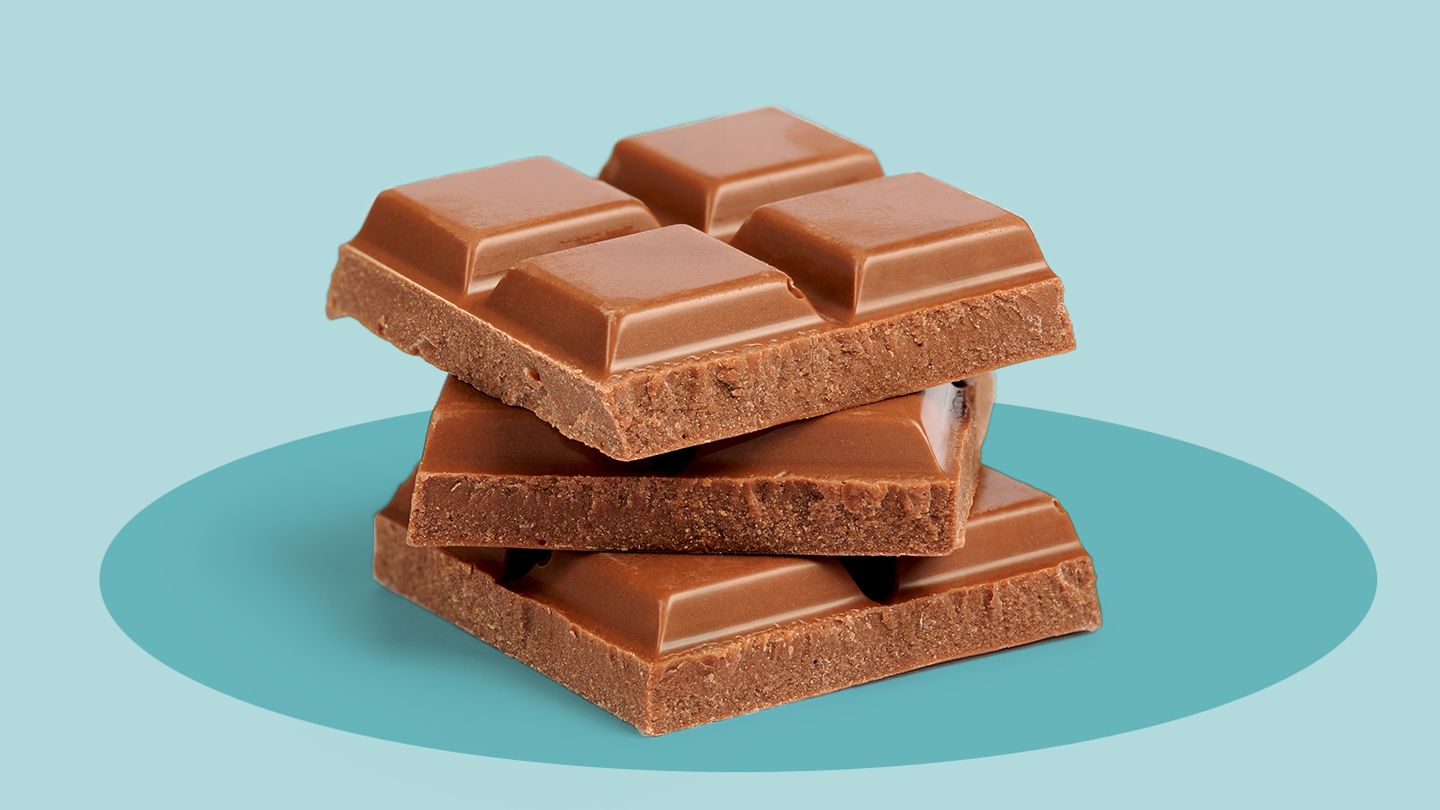What Is Diverticulitis?
Diverticulitis is inflammation that causes irregular, bulging pouches in the wall of your colon (the large intestine).
In most people, the wall of the colon is a smooth surface. The presence of a bulging, irregular pouch in your colon is known as a diverticulum. If you have multiple pouches, doctors refer to them as diverticula.
Diverticula are common, especially after you reach the age 50, according to the Mayo Clinic. They often occur in the lower part of your colon and typically do not cause problems. The presence of diverticula is known as diverticulosis. Diverticulosis is not a disease condition.
Diverticulitis is a medical condition that can occur if the pouches become inflamed. Diverticula inflammation can cause several symptoms according to the Cleveland Clinic:
- Severe abdominal pain
- Fever
- Nausea
- Changes in bowel movements, such as diarrhea or constipation
- Blood in your stool
- Distended abdomen
The exact cause of diverticulitis is not clear, though two possible causes exist, according to the Cleveland Clinic.
The first is that the diverticula create an ideal spot for bacteria to get trapped and multiply. This leads to the inflammation that can cause the pouches to swell and tear.
Jaclyn Morris, RD, says that eating a diet that’s high in fiber and fluid helps to bulk up your stool “enough that small particles of digested food do not get into the pockets and cause inflammation.”
The second possibility is that another force causes a tear in the colon that then becomes inflamed. The external factor could be a hard stool passing by, an infection affecting the colon, or aggravation from general colitis (inflammation of the colon).
“Diverticulitis develops when one or more diverticula or small pouches within the colon wall become inflamed or infected, typically due to food or debris getting lodged in the diverticula (stool impaction within a diverticula),” says Maz Ghodsian, MD, a board-certified proctologist in Beverly Hills, California. “The exact cause of diverticulosis is unknown. However, factors that can lead to diverticulitis include changes in gut microbiota, immune response, and similar conditions.”
Diverticulitis occurs by chance and develops naturally over the course of a person’s life, but some evidence suggests that people of European or Asian descent have a higher chance of developing it, according to the Cleveland Clinic.
The symptoms associated with diverticulitis are nonspecific, meaning several different conditions can cause similar symptoms. To diagnose the condition, your doctor will need to rule out other possible causes.
Diagnosis often starts with a physical examination of your abdomen, testing for tender or painful areas, according to the Mayo Clinic. In women, doctors will also likely examine the pelvis to rule out possible issues with the female reproductive organs.
A computed tomography scan can show inflamed diverticula, abscesses, fistulas, and other areas of concern. A doctor may also order lab tests to help check for other possible causes. Tests can include:
- Urine tests
- Blood tests checking for signs of immune activity
- Pregnancy test
- Stool test
- Liver enzyme test to rule out liver issues
Doctors may treat mild diverticulitis with rest, antibiotics, and dietary changes. “Once the inflammation happens and you are in diverticulitis, it’s recommended that you go on a low fiber diet, which helps cause diarrhea and flush out the intestines to help eliminate whatever materials are exacerbating the inflammation,” Morris says.
If you have severe disease, you may need to be hospitalized for intravenous antibiotics, drainage of an abscess (pus pocket), or even surgery to remove the piece of diseased colon.
Read the full article here




